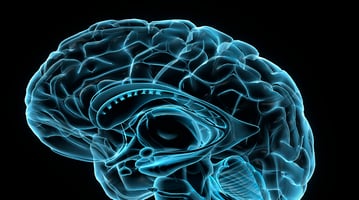Patients with schizophrenia who receive a long-acting injectable (LAI) formulation as the first...
Personal Recovery Predicts Well-Being in Patients With Schizophrenia
 |
To examine how clinical, functional, and personal recovery contribute to well-being, Winnie W.S. Mak, Ph.D., of the Chinese University of Hong Kong and colleagues recruited patients with schizophrenia spectrum disorders from psychiatric outpatient clinics and mental health service organizations in Hong Kong.
A total of 181 participants (mean age: 31; mean duration of mental illness: 2.45 years) were included in the study; 96.6% were taking psychiatric medication. Mak and colleagues used several scales to measure patients’ positive and negative symptoms, social and occupational functioning, personal recovery (feelings of hope, optimism, self-worth, and empowerment), and well-being (positive feelings and contentment, meaningful engagement with others) at the beginning of the study and six months later.
The authors found that “[a]cross [the] three types of recovery process[es] examined, personal recovery was consistently found to be predictive of well-being above and beyond clinical symptomatology and functioning.” Additionally, the effect of personal recovery on well-being did not depend on clinical and functional recovery, which the authors noted “implies that people with schizophrenia can participate in the process of personal recovery and enjoy positive well-being regardless of their clinical stability and functional competence.”
They concluded, “Given its prominent role in promoting well-being, elements of personal recovery … should be integrated into existing therapeutic interventions and psychiatric rehabilitation services for people with schizophrenia spectrum disorders.”
For related information, see the Psychiatric News article “Psychosocial Treatments Found Effective for Early Psychosis.”
(Image: iStock/ASIFE)





